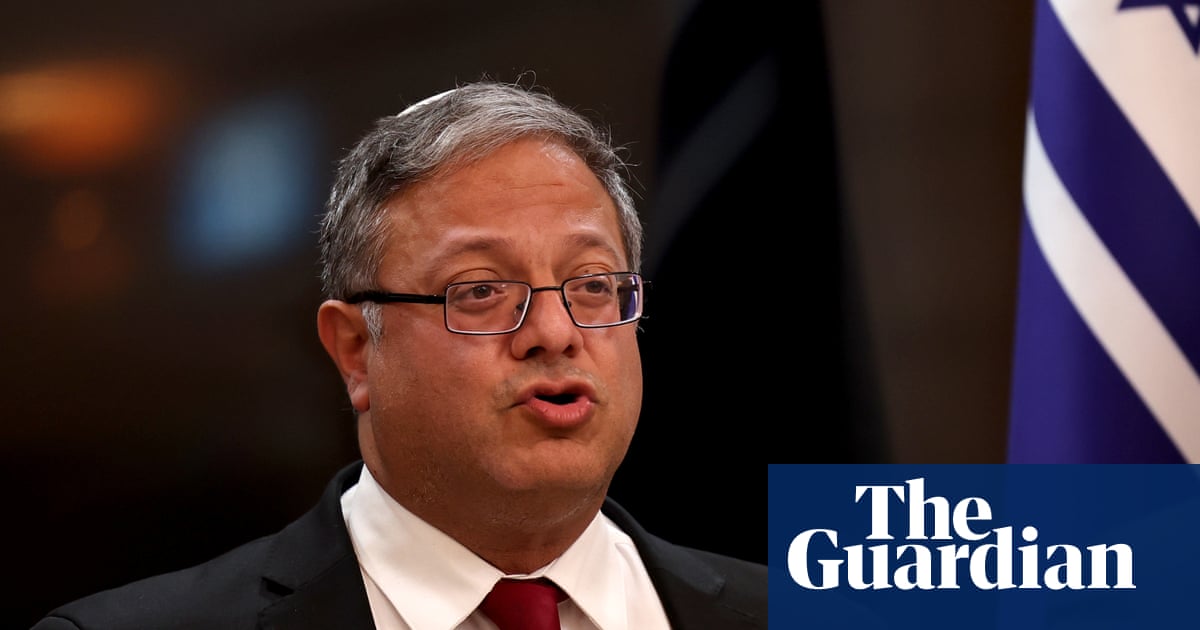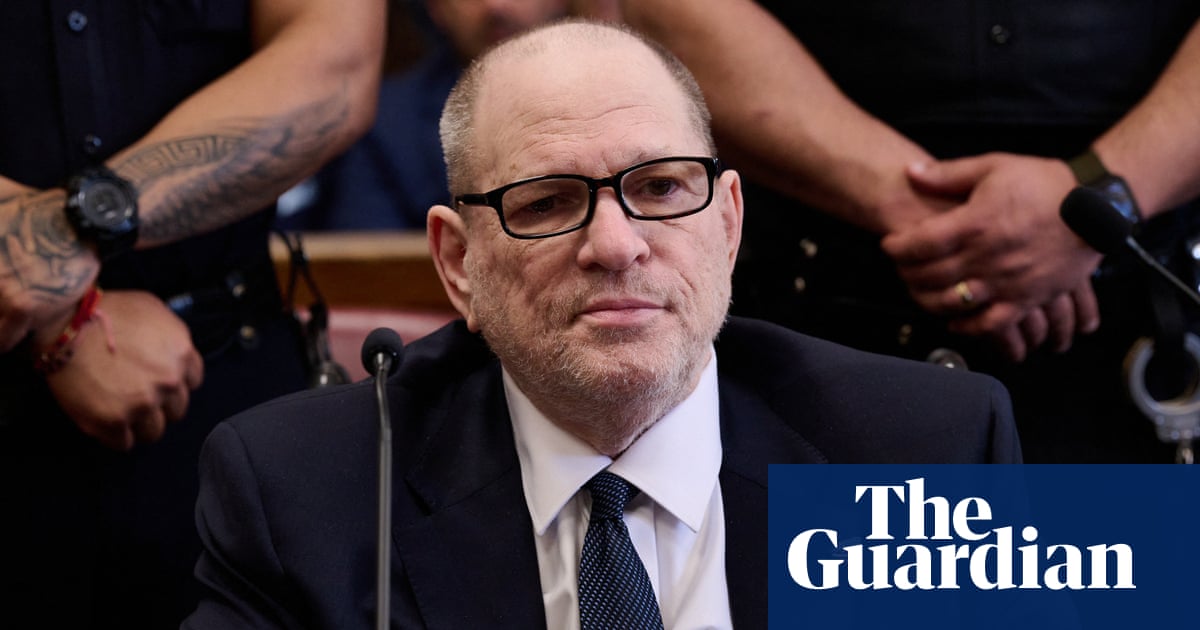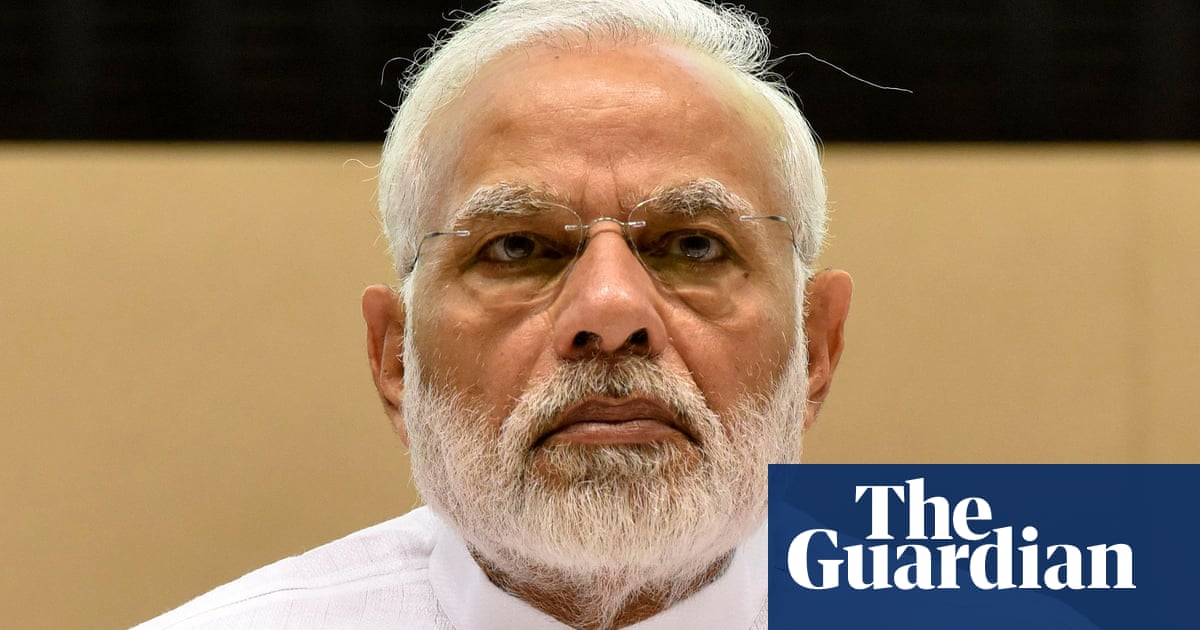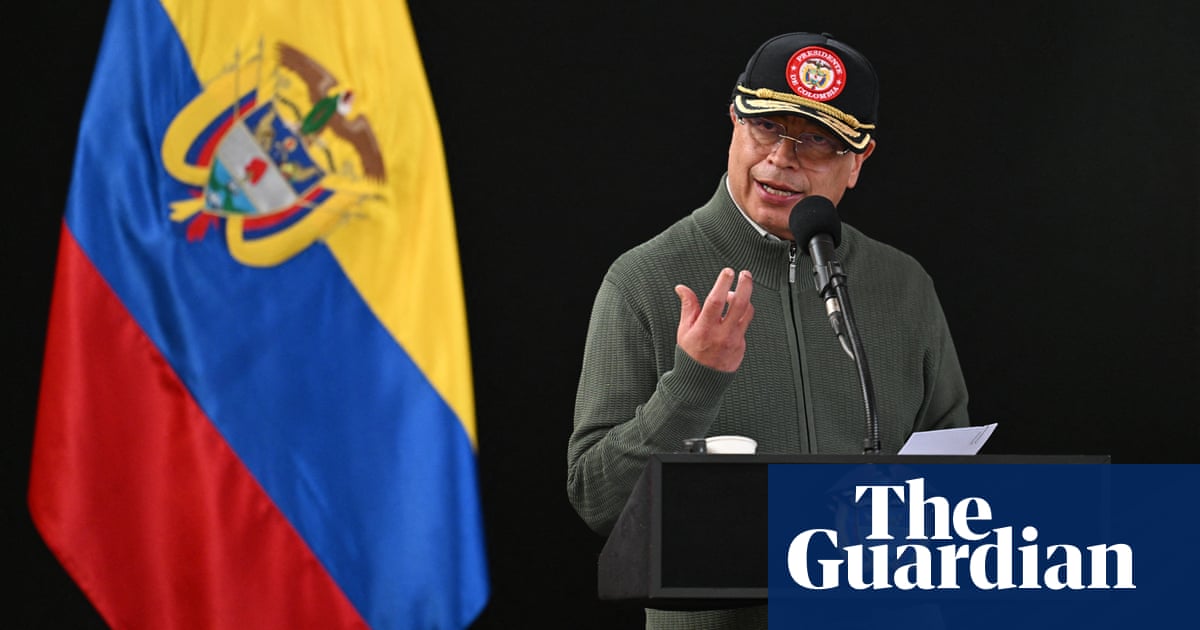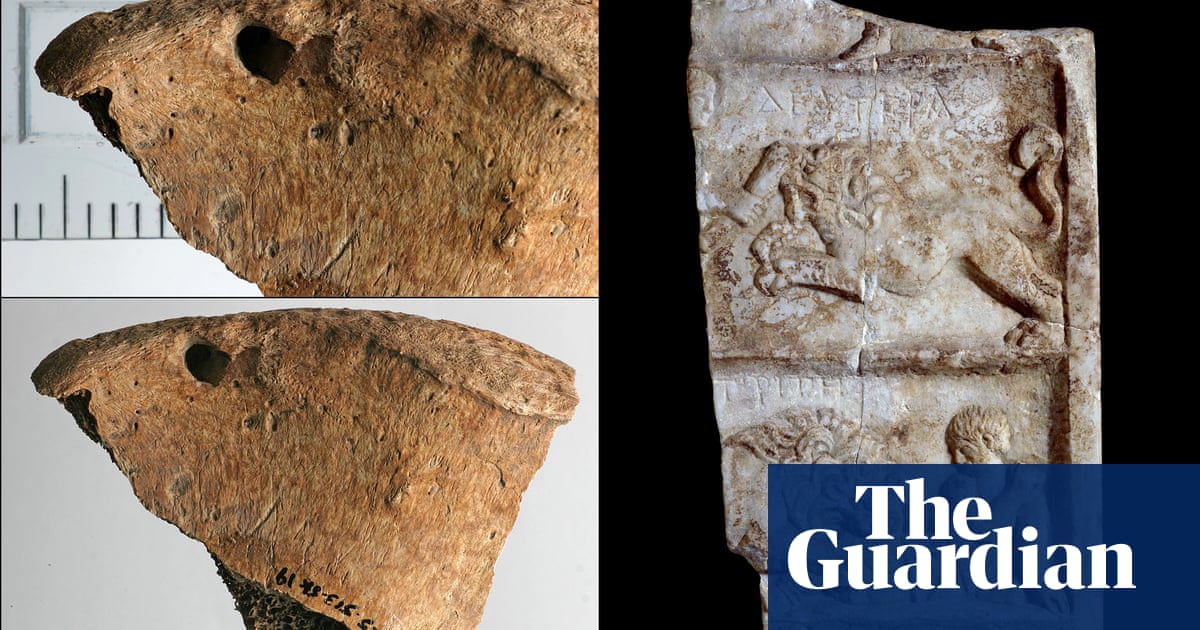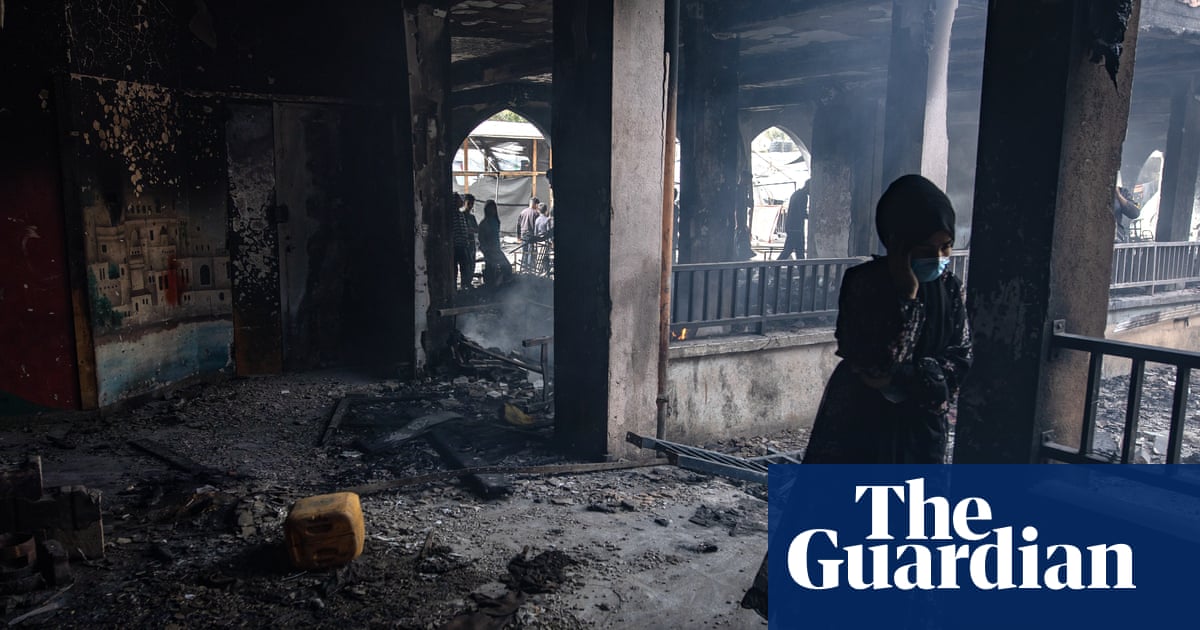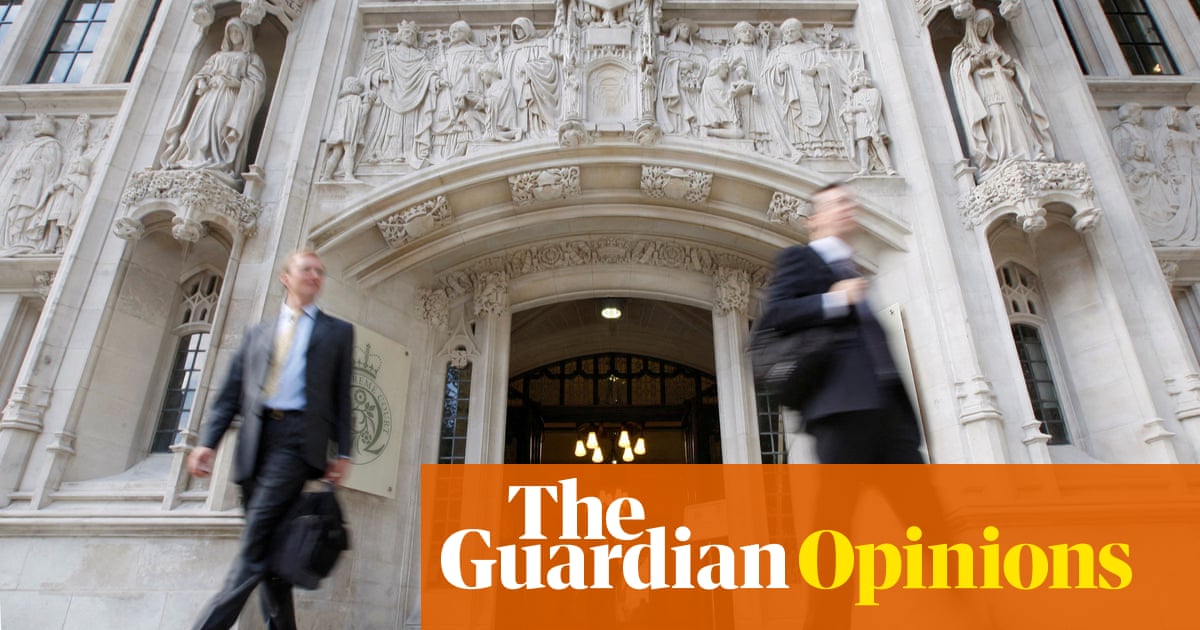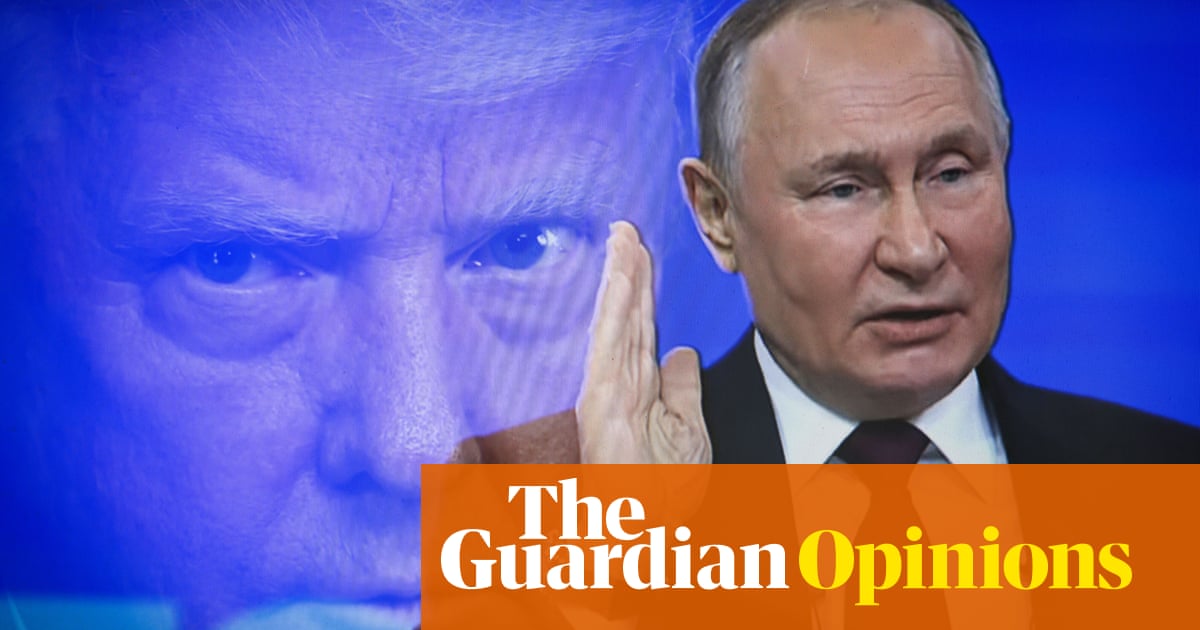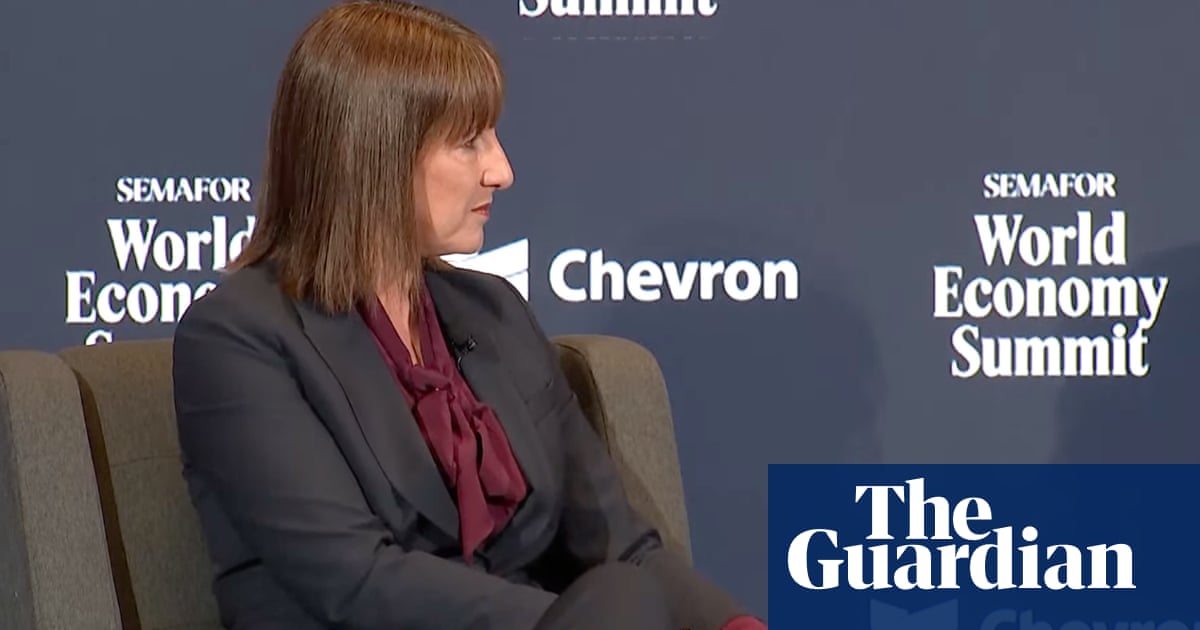Boeing will try to divert as many as 50 planes ordered by Chinese airlines to customers elsewhere after steep tariffs prompted by Donald Trump’s trade war.
The US manufacturer said it was confident it could find other buyers for the planes, but said it was lobbying Trump personally to resolve an “unfortunate situation”.
Two Boeing jets have returned to the US from China, with another on the way, after the imposition of steep 125% tariffs on American imports. China imposed the levies in retaliation to the White House’s 145% rate that threatens to significantly slow down the world economy.
Kelly Ortberg, Boeing’s chief executive, said he hoped “over time these tariffs can be resolved”, in a call with investors on Wednesday. He was speaking after the company announced that losses for the first quarter of 2025 had narrowed to $31m (£23.4m), compared with $355m a year earlier.
He added that Boeing and Airbus, its main rival, would favour a “non-tariff environment”, in stark contrast to Trump, who believes – contrary to the overwhelming consensus of economists – that tariffs will restore US manufacturing to global dominance.
Ortberg said “many of our customers in China have indicated they are not taking delivery”. However, Boeing has already received queries from airlines outside China for some of the planes. The company is seeking to “re-market” them and, if necessary, to repaint planes with different airlines’ colours.
Production has already started on 41 aircraft originally destined for China, with another nine planned for delivery this year.
“It’s an unfortunate situation, but we have many customers who want near-term deliveries,” Ortberg said. The manufacturer has 5,600 planes on order as airlines around the world forecast strong growth.
Overall demand for planes has not been dented by the tariffs so far, Ortberg said. That has allowed the company to continue with plans to raise production of its bestselling 737 Max to 38 each month, despite the tariffs. Boeing’s share price rose by 5.7% on Wednesday.
after newsletter promotion
Boeing, the US’s largest goods exporter, is a key target of China’s retaliation to Trump’s trade war. Despite severe blows to its reputation during several safety scandals, Boeing retains strong political connections in Washington. Ortberg said the company had engaged with officials and politicians “up to Potus himself”, referring to the US president.
However, being shut out of one of the world’s fastest-growing markets would be a blow, particularly if Airbus, which builds planes in France, China and the US, is able to continue selling.
“We are not going to continue to build aeroplanes for customers who will not take them,” Ortberg said, adding: “If we see markets closing that’s going to be a big challenge for us.”
Trump has imposed 10% tariffs on most of rest of the world outside China, but Boeing is able to draw back that cost on exports. However, China’s retaliation has been unavoidable for the manufacturer.

.png) 4 hours ago
2
4 hours ago
2




